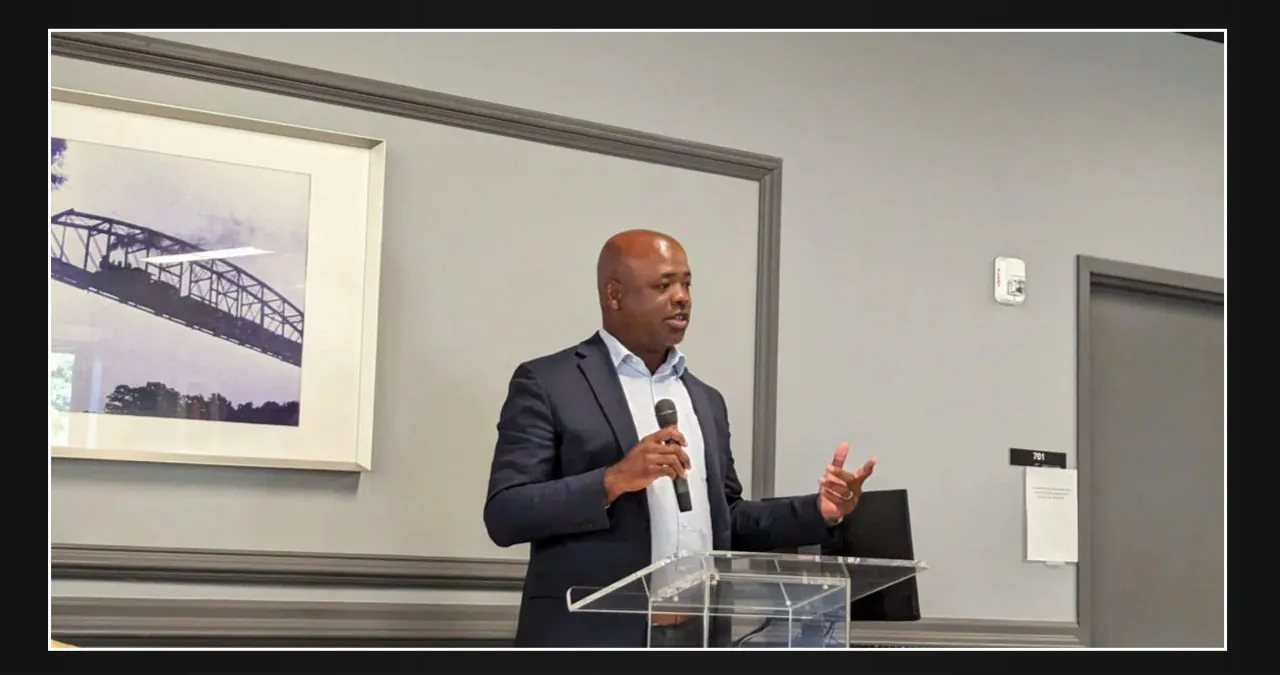State Representative Chris England, a Democrat from Tuscaloosa, has once more introduced his legislation aimed at establishing accountability for the Board of Pardons and Paroles.
The bill aims to establish the Criminal Justice Policy Development Council, which would be responsible for overseeing the needs and parole guidelines. Additionally, it would mandate the utilization of these guidelines when making parole decisions, and provide a clear rationale for any deviations from the recommended release guidelines.
The bill, unfortunately, has not been able to make progress at this point. It faced opposition from Attorney General Steve Marshall, which led to England withdrawing the bill within the first year. In an effort to address lawmakers’ concerns, the membership of the council has been adjusted to include representation from the attorney general’s office.
The bill not only mandates a written statement for cases where parole guidelines are disregarded, but it also establishes an appeals procedure for incarcerated individuals who are denied parole against the guidelines.
In recent years, England has expressed concern over the significant decline in approval rates by the parole board. However, there has been a slight uptick in grant approvals recently. Despite this improvement, the board continues to grant far fewer paroles than what their own guidelines recommend. According to these guidelines, approximately 80 percent of parole applicants should be granted parole each month. However, the actual monthly parole approvals range from single digit percentages to low teens.
The bill mandates that the guidelines for parole release should evaluate
-
- The prisoner’s risk to reoffend, based on a validated risk and needs assessment
- Progress by the prisoner in complying with the Department of Corrections’ plan for reentry.
- Input from the victim or victims, the family of the victim or victims, prosecutors, and law enforcement entities.
- Participation in risk-reduction programs while incarcerated.
- Institutional behavior of the prisoner while incarcerated.
- Severity of the underlying offense for which the prisoner was sentenced to incarceration.
- Any interview or statement from the prisoner.
The session begins in February.







Leave a Reply